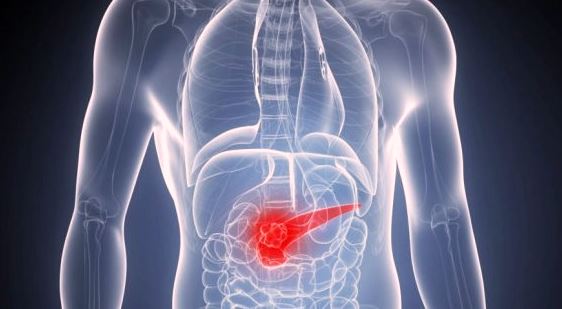Pancreatic cancer is defined as the development of tumor and uncontrolled growth of cells in the pancreas. There are mainly two different types of pancreatic cancer: exocrine and endocrine, depending upon the part of pancreas affected. Some of the risk factors associated with pancreatic cancer include environmental toxins; hereditary factors; age; gender; and lifestyle factors, such as smoking, excess weight, and high consumption of alcohol. The disease is observed to be one of the most challenging cancers, as it has poor prognosis and does not show any signs or symptoms until the patient has reached the advanced stage.

In general, advanced pancreatic cancer can present symptoms like nausea, vomiting, weight loss, jaundice, bloating, abdominal pain, and dyspepsia. Moreover, 70% of patients present diabetes mellitus, with a history of less than two years. In addition, poor prognosis of pancreatic cancer is attributed to the high incidence of metastasis, leading to the aggressive form of the disease combined with limited efficacy of systemic treatments.
According to the research findings, the global incidence of pancreatic cancer has increased substantially in the past decade. It is currently ranked as the 13th leading cause of cancer and is further on its way to become the fourth-leading cause of cancer related deaths in the U.S. by 2020.
Pre-Purchase Inquiry at: https://www.pharmaproff.com/enquiry/1235
The incidence of pancreatic cancer is primarily driven by two factors – age and smoking. This disease is more common in elderly patients and people who smoke. Some research studies have also shown an increased incidence of this disease in patients suffering from diabetes or chronic pancreatitis.
The report provides detailed overview of pancreatic cancer, highlighting the causes, risk factors, classification, prognosis, pathophysiology, unmet medical needs, diagnosis, treatment options, and treatment algorithm for this disease. The report also provides comprehensive insights into trends of pancreatic cancer in the 7MM. Moreover, pancreatic cancer incidence for historical and forecasted periods has been analyzed in-depth and is further segmented into age-specific, sex- specific, and stage-specific data.